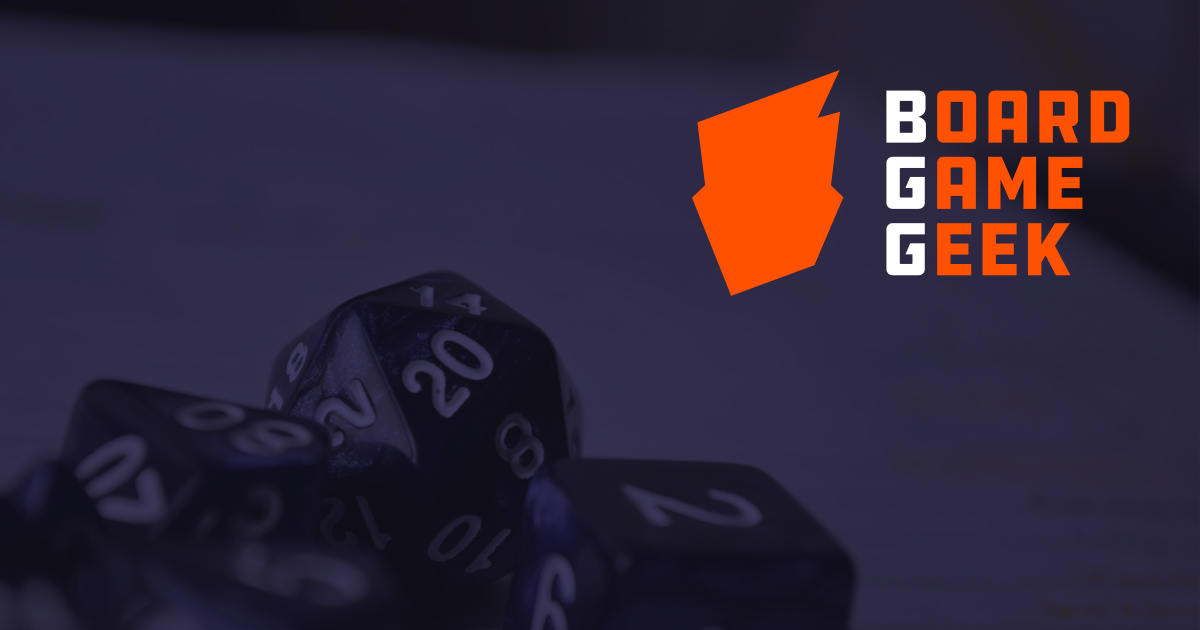This is one of those things that always baffles me. If you assume the only contribution you can make comes from the mechanics then of course there will be times your mechanics won’t directly contribute. Trouble is, this is based on a false assumption. Your contributions to the game are not limited to your mechanical widgets. The answer is not always on your character sheet. The open-ended nature of RPGs makes it literally impossible to have mechanics for everything. The rules try to roughly cover the most common use cases, but your character is not limired to the mechanics. You’re playing a “real” person in a “real” situation and you can try to do whatever a “real” person would in that situation. The lack of specific mechanics for throwing sand in someone’s eyes doesn’t mean it’s impossible to do. The mechanics provide a loose framework and guidelines, they do not define the sum total of all possible actions.
Let me try to give some real world examples. I'll change some of the details so we don't get hung up on a specific system.
Example 1: The Tough Opponent
You're a spellcaster and your spells cannot affect a magic resistant creature. Or you don't have the right magic weapon to get past the Damage Reduction (or you're just not strong enough to do enough damage). There is an ally who does have the right weapon (or spell) - so it's not like the party should just run away, and you don't want to hamper the fun of the player who is prepared to deal with this challenge.
What can your character realistically do during this fight? Maybe you can get into a position to flank the monster to give the ally better odds to hit? (Or trip the monster? Or temporarily blind it?) More than likely the enemy is too dangerous for you to get close enough to it. Or it's too strong to be tripped. And your trying to get close enough to do something/anything is just going to put you in danger and it's a smarter decision to let the tank be the tank.
And how long does this fight take ... maybe 30-40 minutes? How often do these battles come up where you can do nothing ... maybe once or twice a session?
Example 2: Shut Your Mouth, Barbarian
The party needs to infiltrate the royal ball and make an important deal with a noble. Your barbarian has no training in a useful social skill - even if she has Intimidate, that's a bad idea in the circumstances. The spotlight is on the bard who can wheel and deal through intense roleplaying scenes that last about an hour. In the meanwhile, the barbarian does nothing. Now imagine a campaign that has a lot of these moments, 2-3 scenes per session (on average). Now you still need the muscle of the barbarian in the party for when things go bad, but for the most part, you're sitting there doing nothing.
Example 3: I Just Need to Sneak
The rogue with his high Dexterity, light armor, and great Stealth check doesn't want the clumsy wizard following or the racket of the paladin in full plate. It's important to get the layout of the bandit keep, and the rogue has a good disguise if he gets spied anyway. It just isn't believable for the wizard to come along. I guess we should all go grab a beer for 45 minutes?
Example 4: The Know-It All vs. the Specialist
Hey, it's really important for the good of the party that you're an expert in healing and medicine. After all, it's important that characters get to live. So you max out ranks in healing, purchase good medical equipment to keep the party alive. But what you don't have - effective weapons or combat abilities. Skill ranks in persuasion or knowledge about politics. Maybe you can create a sedative to use on the enemy to help bolster the party? No, it doesn't work that way? Okay. You're essentially an NPC at this point. That other guy - the guy who got to take all the knowledge skills and can interact with roleplay and combat - that's the hero and you're just making it so he can have fun. The minute you dare open your mouth with your Charisma penalties, you've doomed the party to failure, you selfish jerk.
I hope these 4 Examples - which are ones I see almost weekly - illustrate how many RPGs do a poor job of maintaining fun for the majority of players throughout the session. I think your players would agree, if you asked them. For a hobby that purports to be cooperative, it really rewards solo design.




